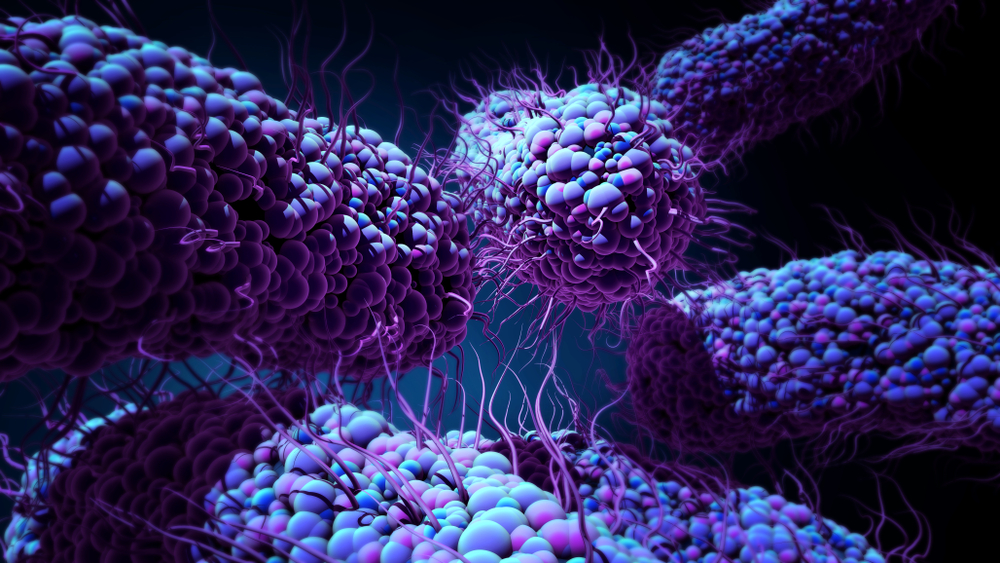NDM-1, otherwise known as New Delhi Metallo-ß-lactamase-1, is an enzyme that forms bacteria, which are resistant to a wide range of strong antibiotics. These involve the antibiotics of the carbapenem, which are a pillar for the remedy of antibiotic-resistant infection.
The primary gene for NDM-1 is one component of a massive gene family that encrypts beta-lactamase enzymes known as “carbapenemases.” The bacteria that generate carbapenemases are usually indicated to be “superbugs” since the infections produced by them are hard to cure. Such bacteria are often sensitive only to tigecycline and polymyxins.
Furthermore, NDM-1 protein alone does not cause illnesses. However, it has the capacity to transform the attribute of bacteria.
The gene forms bacteria that are resistant to certain antibiotics. Thus, it could lead to a broad range of problems, including bloodstream, pneumonia, wound infections, and urinary tract.


